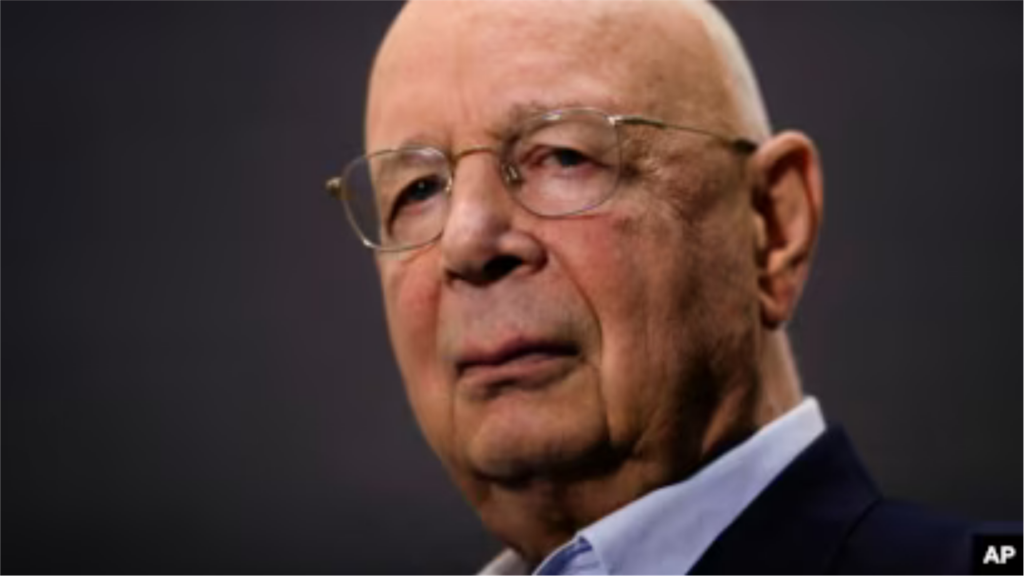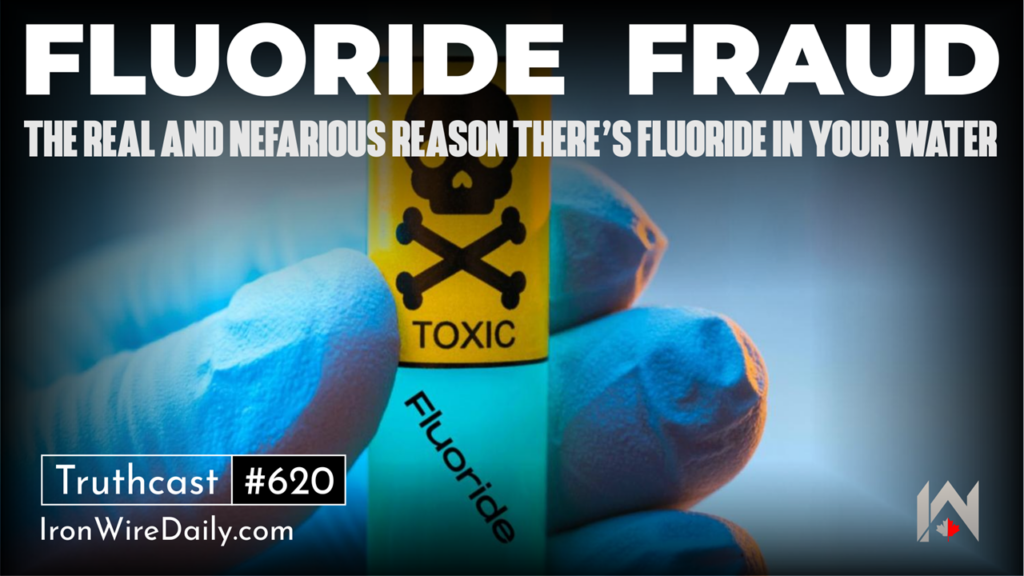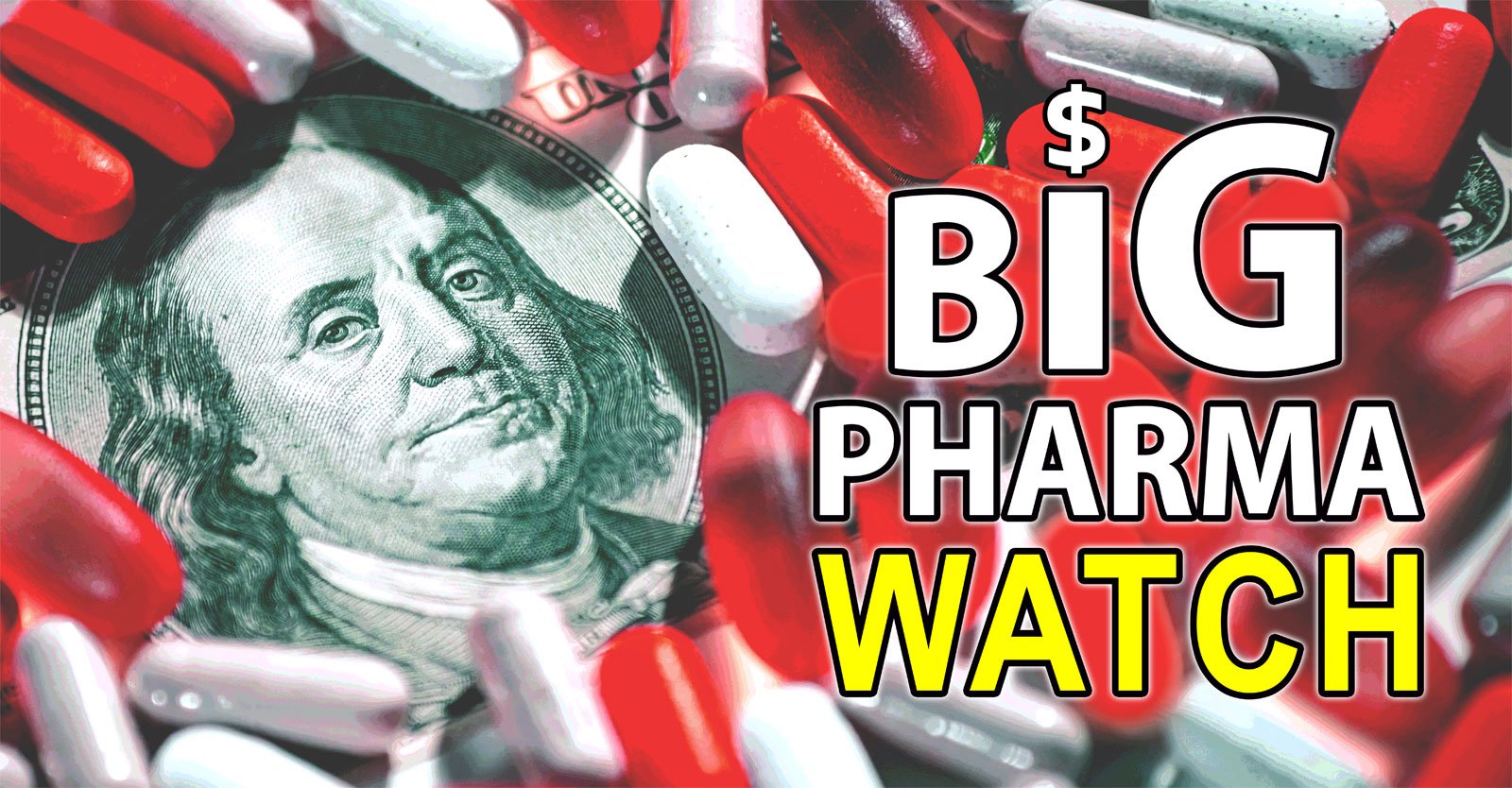Tyson’s ‘Brazen’ PR Campaign to Promote Its Industrially Produced Beef as Good for the Environment

Source: Children’s Health Defense
By Natasha Gilbert
Producing meat is one of the biggest sources of climate-warming gases, and beef is the worst of the bunch, data shows.
To clean up their image, leading meat producers, including Tyson, one of the largest meat companies in the U.S., have hired public relations and advertising firms, mirroring a strategy used by fossil fuel companies.
Now, U.S. Right to Know has new details of the PR campaign behind a key part of Tyson’s green strategy — its so-called “climate smart” beef product, branded Brazen Beef.
In early 2023, Tyson unveiled its “climate-smart” beef, which it claimed is produced with 10% fewer greenhouse gases than regular beef.
It was the first U.S.-produced beef to receive approval from the U.S. Department of Agriculture for its climate-friendly claim.
Later that year, the product was available for purchase from Schweid & Sons, a burger and ground beef company, which had plans to sell it in supermarkets nationwide.
But shortly after the product’s launch, environmental groups and media reports called Tyson out for obfuscating how it calculated the cut in climate-warming gases to achieve a low-emissions beef product.
And researchers cast doubt on Tyson’s ability to measure such slim emissions cuts. Other researchers also argued that emissions from beef are so high that even with a 10% cut, it could still not be considered climate-smart.
Tyson is also now being sued for making “false and misleading” claims to consumers regarding its green goals and climate-smart beef program, from which the Brazen Beef product is produced.
Tyson’s Brazen Beef website has now been taken down and the product appears no longer for sale.
But the PR and marketing strategy behind the product’s promotion provides insight into how the meat industry is trying to appear more sustainable and to capitalize on consumers’ willingness to pay around 10% but up to 50% more for sustainable products.
PR and advertising are so important to the company that in 2023, the year it launched Brazen Beef, Tyson spent $339 million on it — nearly three times as much as it spent on research and development, its financial documents show.
Tyson’s claims “falsely lead consumers into thinking that they have these products that are better for the climate when in fact, they don’t,” says Carrie Apfel, a staff attorney with Earthjustice, an environmental law firm, that is helping bring the lawsuit against Tyson.
Crafting a climate-conscious brand
The PR company behind Tyson’s Brazen Beef is Midan Marketing — a private company with offices in Chicago, Illinois and Mooresville, North Carolina, that specializes in promoting meat.
Midan’s campaign to promote Tyson’s beef paints a rosy picture of the product’s environmental footprint. With the tagline “Better Beef. Better Planet.,” the company crafts an image that suggests climate-conscious consumers can have their beef and eat it too.
They tell consumers to “do the climate solid” by choosing Tyson’s product.
Midan writes on its website that it “created Brazen Beef from the ground up, crafting everything from the tagline, look and feel, logo, target persona and even the brand name itself — all backed by strategy, research and testing.”
But the company’s work for Tyson appears to contradict its own advice, in which Midan suggests the meat industry should be “transparent, authentic and verifiable” when making sustainability claims if they want to capitalize on the growing demand for sustainable food. Adding, “consumers are paying attention.”
Midan is a small company currently with 29 employees at the time of writing, according to its website. It is led by Michael Uetz and Danette Amstein, who both previously worked at the National Cattlemen’s Beef Association, a trade group.
The company says its goal is to tell the “story of how meat is raised, processed, promoted, sold and enjoyed from farm to fork.” Its other clients have included the National Cattlemen’s Beef Association and the Meat Institute, a trade association.
In a statement to U.S. Right to Know, Andrea Schepke, a spokesperson for Midan, wrote, “Midan Marketing worked with Tyson to do initial development on the Brazen Beef brand. However, we have not been involved with or supported the brand in well over a year.”
Midan stands by its statements related to transparency, authenticity and verification when making any meat-related claims, adds Schepke.
But beef will never be a climate-smart choice, says Gidon Eshel, a geophysicist at Bard College in New York, who has examined meat’s contribution to greenhouse gases.
Beef alone contributes just over 3% of all greenhouse gases from the U.S., roughly five times more than other livestock.
Emissions from the production of beef include carbon dioxide and nitrous oxide from growing grain to feed cattle, and methane from cow burps and manure.
Beef’s contribution is very high considering that it makes up only between 5-20% of all the calories and protein in the average U.S. diet, explains Eshel.
Even grass-fed beef cattle are not climate-friendly, he says.
Some research has suggested that grazing beef cattle release fewer climate-warming gases compared to industrial beef production, where animals are kept in confined spaces and fed on grains such as corn.
For example, grazing cattle on land that is unsuitable for human use and rotating cattle on plots with crops or other livestock can sequester carbon in the soil, reducing the grazed cattle’s carbon footprint.
But in research published in March, Eshel and his colleagues re-evaluated the amount of soil carbon sequestration that can be reasonably attributed to grass-fed cattle. Previous studies had overestimated this amount.
With the new approximation, the study shows that grass-fed cattle release at least as much greenhouse gas as industrial-produced beef.
By promoting its so-called “climate-smart” beef, Midan is aiding Tyson to position itself as an honest company with green credentials and alternative, environmentally friendly products, says Jennifer Jacquet, who researches the meat industry’s influence on climate change politics and policy at the University of Miami.
“They are involved in enabling it,” she says.
False and misleading claims
Tyson is also criticized for another aspect of its sustainability strategy, which includes a pledge to achieve “net-zero” climate emissions by 2050. To reach this goal, Tyson would need to cut or capture as many emissions as it releases, which estimates suggest are more than those released by the entire nation of Greece.
But researchers, lawyers and environmental groups say that Tyson’s net-zero pledge and its “climate-smart” beef claims are deceptive and misleading.
In September 2024, the Environmental Working Group (EWG) filed a lawsuit against Tyson for making “false and misleading” claims to consumers about its net-zero emission target and its low-emissions beef program.
The idea that they will get to net neutrality is “absurd … it’s a contradiction in terms,” says Eshel.
And even with a 10% reduction in emissions, Tyson would still be producing one of the most climate-intensive foods on the market, says Apfel.
The lawsuit claims that Tyson does not seem to know the full extent of its emissions and has no real plan to cut them sufficiently to reach net-zero.
In addition, the emissions reduction from its so-called climate-smart beef are so slight that its climate savings are paltry, says Eshel.
“[U]nbeknownst to consumers, Tyson … has no plan to achieve these goals and is taking no meaningful steps to do so,” says the lawsuit.
Tyson did not respond to requests for comment.
In November 2024, Tyson filed a motion to dismiss the complaint. The company argued that EWG’s claims are barred by the First Amendment.
“Imposing liability for pursuing a net-zero ambition, and for making truthful statements about its program to reduce GHG emissions generated from cattle production in Tyson’s supply chain goes right to the heart of what the First Amendment protects,” says a document supporting Tyson’s motion to dismiss.
Tyson also rejects EWG’s claim that it has not taken steps to achieve its net-zero emissions target.
Tyson points, for example, to its participation in the Science Based Targets Initiative — an international collaboration to help businesses set goals to reduce emissions, and its partnership with a feedlot to collect and assess emissions data.
In February, Superior Court Judge Julie Becker for the District of Columbia denied Tyson’s motion to dismiss the case. Becker found that EWG’s arguments were strong enough for the case to proceed.
In the order, Becker writes that EWG’s allegations are sufficient to support its claim that Tyson’s climate-smart beef statements “give consumers [a] misleading impression.”
The lawsuit against Tyson follows a similar one against JBS USA, the American subsidiary of the world’s largest beef producer.
In February 2024, New York Attorney General Letitia James filed a lawsuit alleging JBS USA misled consumers when it stated it would achieve net-zero greenhouse gases by 2040. It says JBS targeted consumers with fake sustainability claims to boost sales.
On Jan. 10, at a hearing of the New York Supreme Court, Justice Andrew Borrok granted JBS’ motion to dismiss the case without prejudice, allowing Attorney General James until the end of September to file an amended complaint.
Justice Borrok decided that the state hadn’t clearly argued why its complaint against JBS would come under New York’s jurisdiction.
PR helps create an honest image
Tyson has borrowed a tactic from the fossil fuel industry by trying to position itself as an honest actor, says Jacquet. In an interview as part of sponsored content in The Wall Street Journal, Tyson acknowledges meat’s large climate footprint.
This contrasts with rhetoric from beef trade groups and the beef checkoff — a marketing and research program funded by beef producers — which belittles meat’s contribution to greenhouse gases.
Companies make true statements about science and can let the trade groups make bolder claims and disinformation campaigns, says Jacquet.
PR and marketing firms like Midan play a crucial role in this misdirection, she says.
Academic research and media investigations have shown that public relations and marketing firms influence climate change politics and discussion.
For example, in a study published in March, Jacquet and a coauthor found that PR campaigns paid for by the meat industry effectively countered efforts from civil society groups that were aimed at encouraging people to eat less meat.
Companies wouldn’t spend money on PR if it didn’t help them sell more products or secure the market, adds Jacquet.
In addition to Midan, Tyson has also hired other PR firms, including Ogilvy — an international PR powerhouse that has long worked for the oil and gas sector. Ogilvy promoted Tyson’s Jimmy Dean pork sausage, among other products.
Other meat companies and meat industry groups are also using PR firms to manage their image.
The Animal Agriculture Alliance (AAA), an industry-funded nonprofit, is working with C.O.nxt, a firm based in Hartland, Wisconsin, that specializes in agriculture.
The AAA downplays the benefits that eating less meat would have on the climate and inflates the potential role that animal agriculture has as a climate solution, says Eshel.
For example, the alliance claims that eliminating all dairy cattle from U.S. agriculture would have minimal impact on the environment and that agriculture is one of only two sectors that can reach net-zero carbon emissions.
“The world’s primary scapegoat for environmental degradation now holds the only hope for a sustainable solution,” the AAA writes on its website.
But Eshel is skeptical that the dairy industry will reach its net zero emissions goal. He describes the claim as a “fantasy with precisely zero chance of becoming or approximating reality.”
A C.O.nxt employee is due to speak on a panel about communicating sustainability at an AAA summit in May.
Edelman, among the oldest and largest PR companies in the world, worked on a campaign to help the dairy industry sell more cows’ milk as the industry faced increasing competition from non-dairy alternatives, according to a report by the Changing Markets Foundation, a think tank based in the Netherlands.
Edelman has worked on campaigns for oil and gas companies such as Exxon and Shell, and for the tobacco industry, the report says.
And a firm called Red Flag Consulting has advised the Meat Institute on an initiative called the Protein Pact, through which the institute is encouraging food companies and producers to set targets to reduce their environmental impact.
But setting targets, such as Tyson’s goal to reach “net-zero” emissions, isn’t enough. Companies must act on those targets and cut emissions, says Jacquet.
A media investigation by DeSmog also found that Red Flag was behind a campaign to disparage an expert report that suggested consumers cut in half the amount of red meat they eat to make diets more sustainable.
Media reports say that Red Flag was previously involved with a campaign for Monsanto, an agrochemical company bought by Bayer in 2018, to defend glyphosate, a weedkiller that is linked to cancer.
Red Flag did not respond to a request for comment.
It’s unfortunate that companies like Midan proliferate advertising that is false and misleading to consumers, says Apfel. But it’s unlikely that they could be held legally responsible since they are not regarded as merchants, she says.
However, media coverage and campaigns to expose PR, advertising and marketing firms that work for fossil fuel companies have helped push some PR firms to cut their ties.
Ultimately, the buck stops with the companies that try to capitalize on consumers’ well-meaning interest in purchasing more sustainable food, she says.
Nonetheless, “it would be great if there was a check before the misleading advertisements went out,” adds Apfel.
Originally published by U.S. Right to Know.
Natasha Gilbert is an investigative journalist covering industrial animal agriculture.













